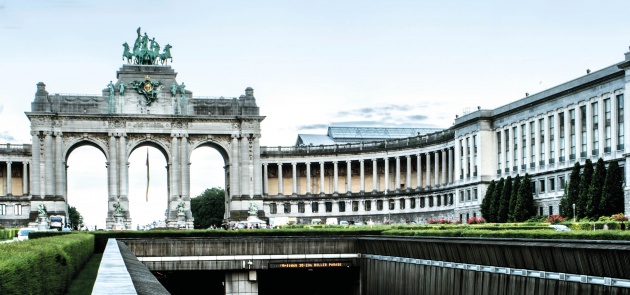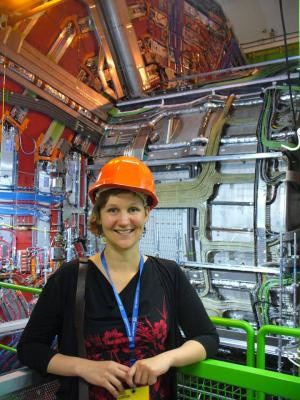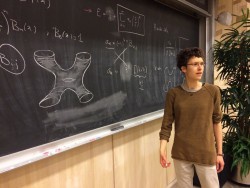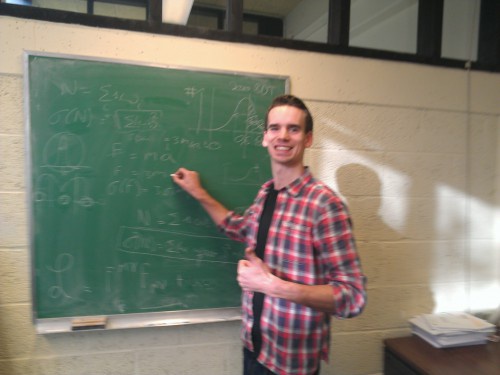
Saturday 23 April, 08:30
MFYS Sport Injury Seminar
On April 23 2022 from 9 am until 1 pm, MFYS hosts the Sport Injury Seminar on the main campus of Vrije Universiteit Brussel in Etterbeek. The symposium will leave the floor to renound researchers and clinicians (surgeons, physiotherapists, …) which will be an added value for...
On April 23 2022 from 9 am until 1 pm, MFYS hosts the Sport Injury Seminar on the main campu...

Friday 1 January, 12:00
SGP Application

 Sophie Viaene, PhD student, awarded Robert Brout Prize
Sophie Viaene, PhD student, awarded Robert Brout Prize
 Petra Van Mulders working at CERN
Petra Van Mulders working at CERN
 Saskia Demulder, PhD student
Saskia Demulder, PhD student
 Jan Kunnen, PhD student
Jan Kunnen, PhD student